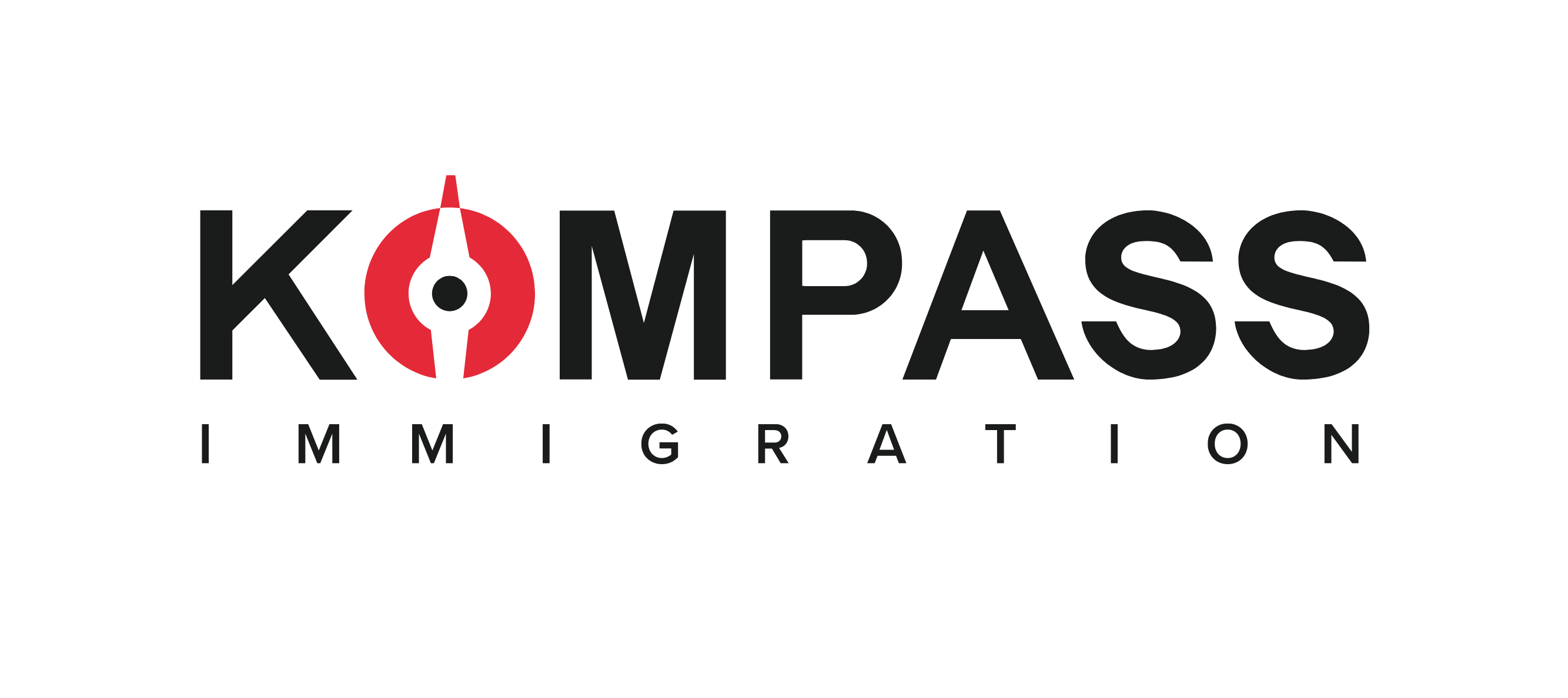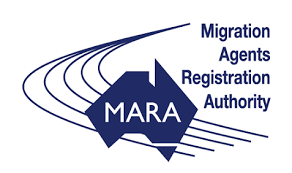
What are Biometrics ?
Biometrics in the context of Canadian immigration refer to the collection of fingerprints and a photograph for the purpose of confirming a person's identity. However, certain groups of individuals are exempt from the requirement to provide biometrics when traveling to Canada.
These exemptions include Canadian citizens, citizenship applicants, and existing permanent residents. Additionally, individuals who are under 14 years old or over 79 years old are not required to provide biometrics, except for asylum claimants who do not have an upper age exemption.
Heads of state/government, cabinet ministers, and accredited diplomats of other countries or the United Nations traveling to Canada for official business are also exempt from biometrics collection. Furthermore, U.S. visa holders transiting through Canada, refugee claimants/protected persons who have already submitted biometrics for a study or work permit application, and temporary resident applicants who have already submitted biometrics for an ongoing PR application are not required to provide biometrics.
Who is not impacted by this change?
It should be emphasized that the policy changes implemented on June 14 do not apply to two specific groups of applicants in the Canadian immigration process:
1. Individuals applying for a work, visitor, or study visa, with the intention of obtaining temporary resident status in Canada.
2. Temporary residents who are applying for an extension on their existing visa.
For these applicants, the requirement to submit biometrics remains unchanged and is not affected by the new policy.
OUR CERTIFICATIONS
CONTACT US
We understand the immigration law like no other.
Book a FREE CONSULTATION with one of our immigration experts.
© 2023 Kompass Immigration. All rights reserved.









